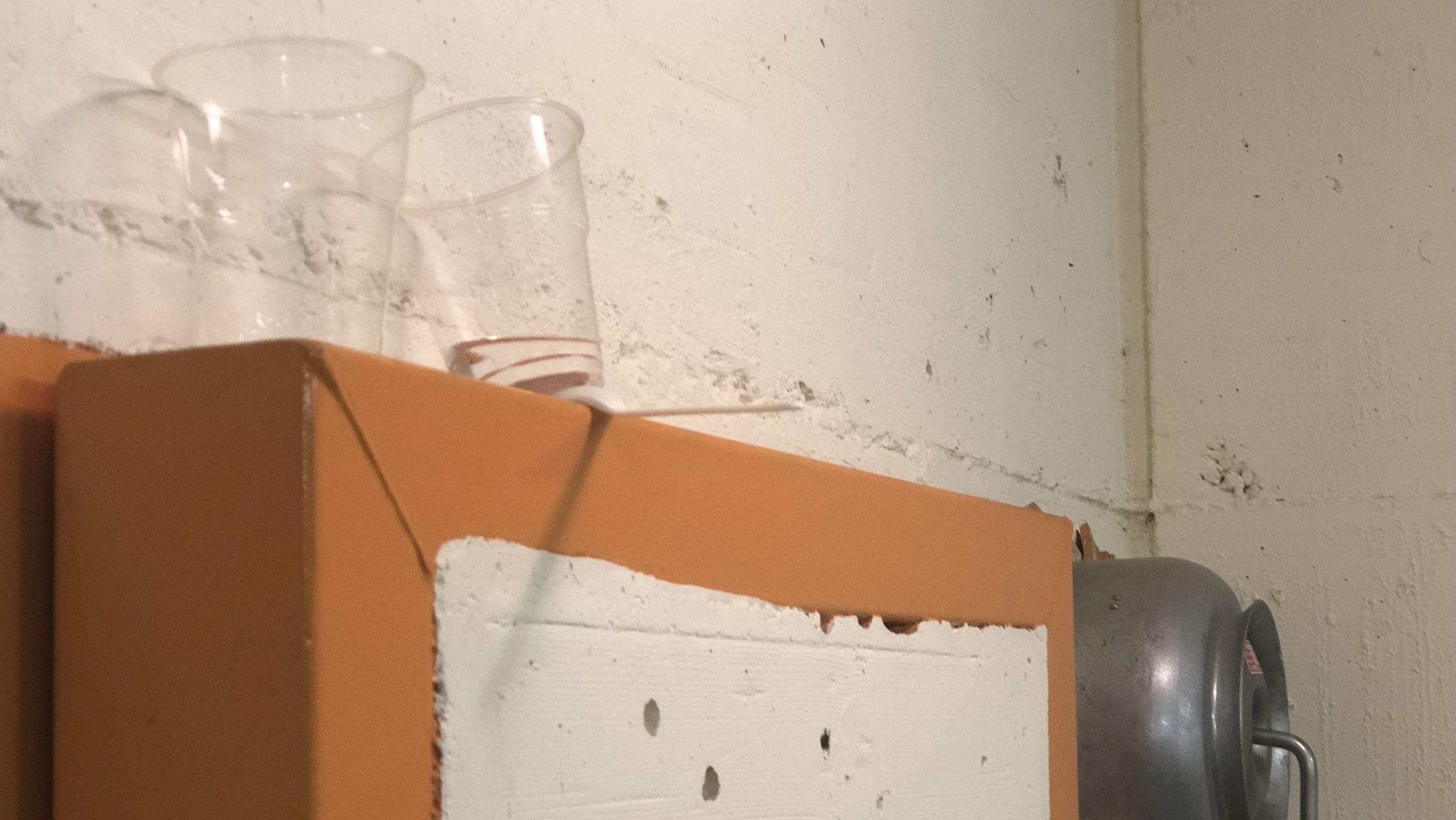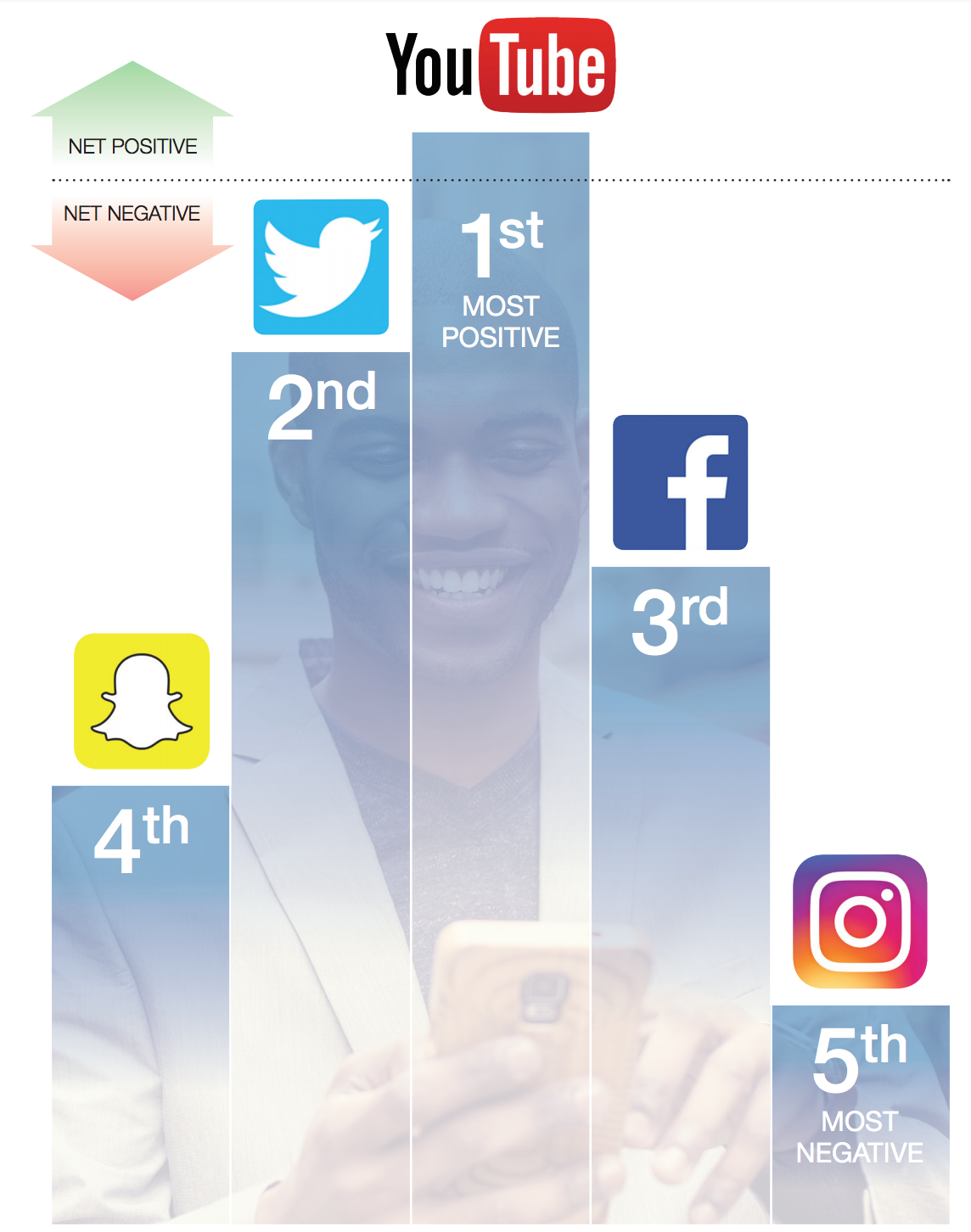Category: social conscience
-

Four Practical Jokes to Play in a bunker
Reading Time: 2 minutesSock on the door In US films a sock or other object on a door handle implies that there are two or more people enjoying bedroom sports. As a couple were in one room I took the opportunity of speaking about doing this joke and then doing it. It’s harmless fun in…
-

Mental Health and Social media
Reading Time: 4 minutesThere is a lot of discussion about Mental Health and social media because most people are not social media natives. They are either Luddites who do not appreciate playing with technology. They see themselves as users rather than participants and then there are extroverts and other people who see Social Media as…
-
Shark Reporting.
Reading Time: 2 minutesIn the age of drones this is how shark reporting should be done. The Coast guard or local surfing schools should fly a drone around and check to see whether there are any sharks present. If and when they spot a shark or groups of sharks they could temporarily close the beach…
-
Black Mirror – A television series
Reading Time: 2 minutesBlack Mirror – a television series Black Mirror is a television series that was broadcast by Channel 4 a few years ago and made available to Netflix audiences recently. The series explores a variety of topics and issues to do with technology from death to crime and existentialism. It also explores themes…
-
A satirical look at music festivals as a form of psychological torture
Reading Time: 5 minutesWhen we’re 14-28 years old the idea of going to a music festival to see the artists we spend our free time listening to is fantastic. Imagine all that drinking, that mud, that food, those opportunities to seduce and best of all that ambiance. The prospect of going to a music festival…
-
A Nonverbal Autism Video Interview
Reading Time: < 1 minuteI saw Horyou share a link to Speechless with Carly Fleischmann. This is a Nonverbal Autism Video Interview carried out via typed words on a tablet.  The text is read out electronically. The interview is warm and convivial. It stands out because it does not use a fast talking or energetic host. The interviewer does…
-
Sharkwater – a documentary worth watching
—
by
Reading Time: < 1 minuteSharkwater – A documentary worth watching. If you have one and a half hours of free time I recommend watching this documentary. It discusses the anti-whaling work by the Sea Shepherd, the work it did to combat long lining around the Galapagos and it touches on the shark finning mafia and…
-
Thoughts on the New York Times Article about Project Aristotle and its findings
Reading Time: 2 minutesWhen I read this article I can’t stop thinking of the Prototyping sessions at Lift 2016. Teams from big corporations worked together to collaborate on exploring new ideas and developing new projects. Some had to work on a video, others had to work on models. Others had to create 2d representations. One…
-
Film and Video archiving
Reading Time: 2 minutesFilm is Fragile – Film needs your help! | BFI Trailer from BFI on Vimeo. Recently I spent more than a year working as a video archivist for the United Nations High Commissioner for Refugees. During this time I digitised several decades of documentary films and news stories. In the process I…
-
Lensational – Empowering Women through Photography.
Reading Time: < 1 minuteFrom Friday to Sunday this week SIGEF2015 took place at the Batiment des Forces Motrices in Geneva Switzerland. This event was organised by Horyou, a social network for social good, where people were connecting and networking, discussing how best to help people with various projects around the world. Living in the…